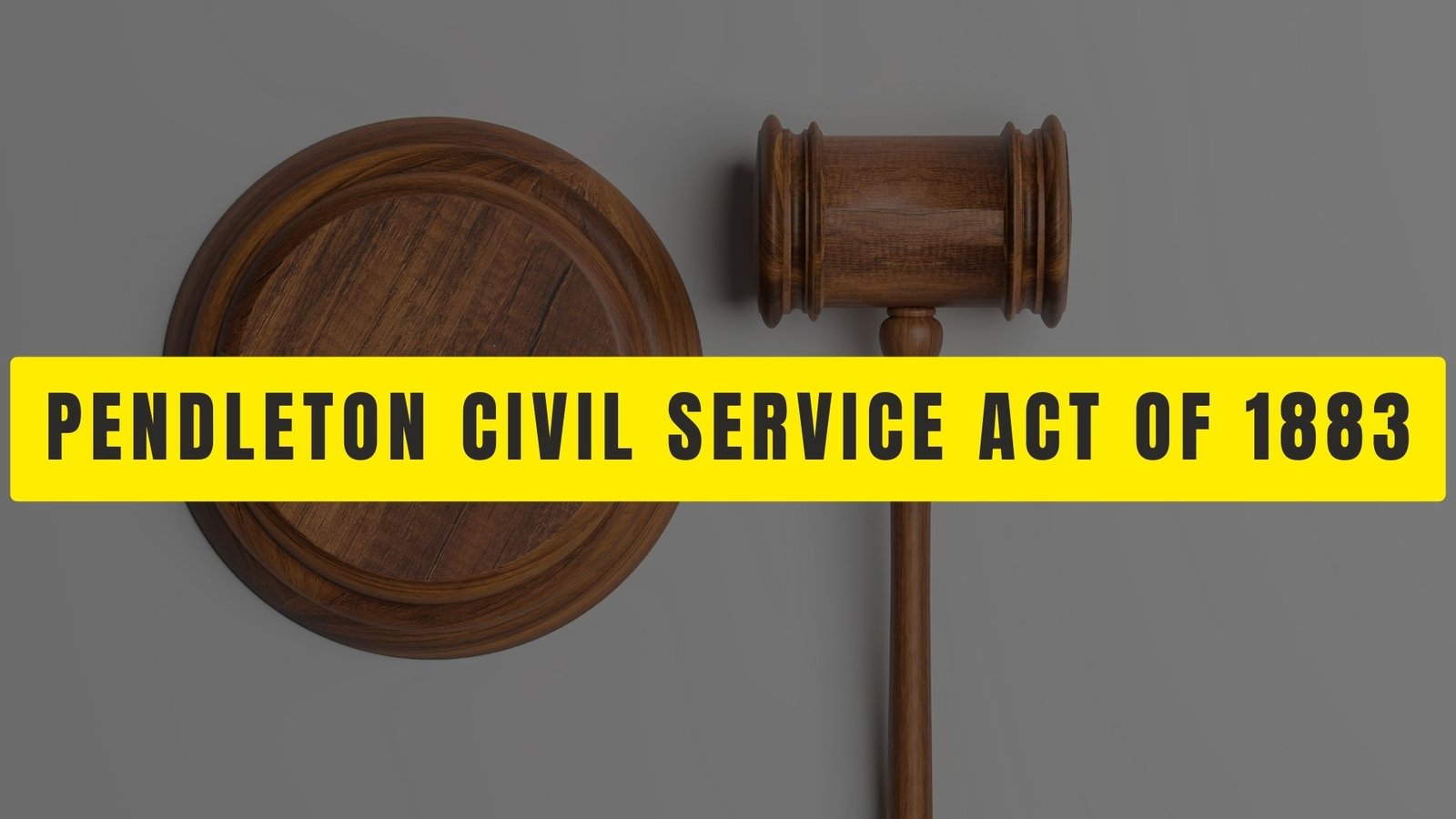- Mar 11, 2015
- 101,934
- 113,060
- 3,645
Donald Trump believes he is above the law. And people excuse and support this.
Most of us know what it means for something to be unconstitutional. An unconstitutional act is one that violates some aspect of the Constitution as understood by the courts, although the public and its representatives are also free to make claims about the constitutionality of one act or another.
The courts have said, among other things, that racial segregation in public schools is unconstitutional; that unequal representation in state legislatures is unconstitutional; and that laws banning same-sex marriage are unconstitutional. Moving to the present, we can say that President Trump’s order overturning birthright citizenship is, according to the plain text of the 14th Amendment, unconstitutional. There is also a strong argument that the president’s effort to remove transgender people from military service is, as a court ruled Tuesday night, unconstitutional.
You get the picture.
But there are other ways to evaluate the actions of a government. You can ask a somewhat different question: not whether an action is constitutional, but whether it sits opposed to constitutionalism itself. You can ask, in other words, whether it is anti-constitutional.
The project of constitutionalism, the historian Henry Steele Commager wrote, is the project of “government under law, by law, through law, in conformity with law.” It is, to borrow from John Locke, “to have a standing rule to live by, common to every one of that society, and made by the legislative power erected in it.” And in the American political tradition, it is the central principle that “governments are not omnipotent” but of “only limited authority.”
An anti-constitutional act is one that rejects the basic premises of constitutionalism. It rejects the premise that sovereignty lies with the people, that ours is a government of limited and enumerated powers and that the officers of that government are bound by law.
The new president has, in just the first two months of his second term, performed a number of illegal and unconstitutional acts. But the defining attribute of his administration thus far is its anti-constitutional orientation. Both of its most aggressive and far-reaching efforts — the impoundment of billions of dollars in congressionally authorized spending and the attempt to realize the president’s promise of mass deportation — rest on fundamentally anti-constitutional assertions of executive authority.

 www.nytimes.com
www.nytimes.com
Trump Has Gone From Unconstitutional to Anti-Constitutional
Most of us know what it means for something to be unconstitutional. An unconstitutional act is one that violates some aspect of the Constitution as understood by the courts, although the public and its representatives are also free to make claims about the constitutionality of one act or another.
The courts have said, among other things, that racial segregation in public schools is unconstitutional; that unequal representation in state legislatures is unconstitutional; and that laws banning same-sex marriage are unconstitutional. Moving to the present, we can say that President Trump’s order overturning birthright citizenship is, according to the plain text of the 14th Amendment, unconstitutional. There is also a strong argument that the president’s effort to remove transgender people from military service is, as a court ruled Tuesday night, unconstitutional.
You get the picture.
But there are other ways to evaluate the actions of a government. You can ask a somewhat different question: not whether an action is constitutional, but whether it sits opposed to constitutionalism itself. You can ask, in other words, whether it is anti-constitutional.
The project of constitutionalism, the historian Henry Steele Commager wrote, is the project of “government under law, by law, through law, in conformity with law.” It is, to borrow from John Locke, “to have a standing rule to live by, common to every one of that society, and made by the legislative power erected in it.” And in the American political tradition, it is the central principle that “governments are not omnipotent” but of “only limited authority.”
An anti-constitutional act is one that rejects the basic premises of constitutionalism. It rejects the premise that sovereignty lies with the people, that ours is a government of limited and enumerated powers and that the officers of that government are bound by law.
The new president has, in just the first two months of his second term, performed a number of illegal and unconstitutional acts. But the defining attribute of his administration thus far is its anti-constitutional orientation. Both of its most aggressive and far-reaching efforts — the impoundment of billions of dollars in congressionally authorized spending and the attempt to realize the president’s promise of mass deportation — rest on fundamentally anti-constitutional assertions of executive authority.

Opinion | Trump Has Gone From Unconstitutional to Anti-Constitutional
Where all this goes is still up to us.


